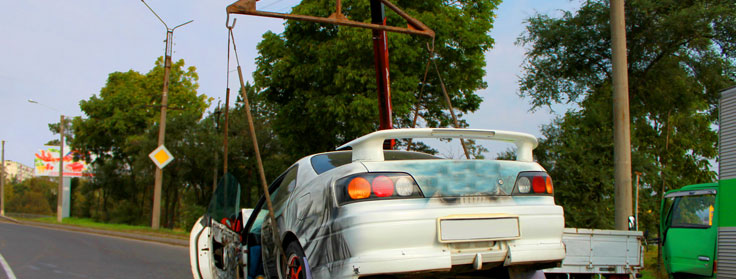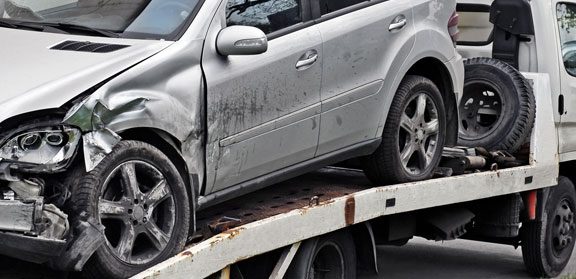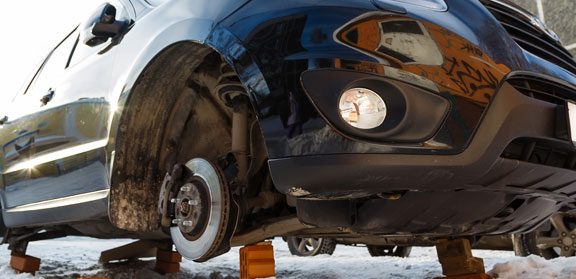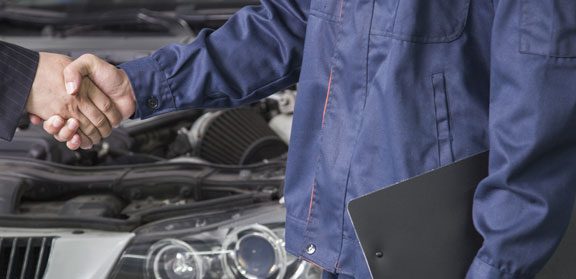Whether you are towing a car, camper, or just your belongings, there are always possible risks involved. There are many things that could go wrong when towing, however there are some areas that can be considered and possibly given attention to, in order to prevent any problems with towing any objects. Having said that, before you decide to tow anything, you should do your homework on the vehicle being used to tow and the object or objects being towed. The first area to consider when towing is the equipment. If the wrong equipment is used to tow, many problems can occur.
Equipment
The first step in making sure you are using the right equipment to tow, is to check the manual for the vehicle you will be using to tow. You must be certain that your car is capable of pulling the weight you are expecting to tow. Next you want to make sure that the hitch and coupler (the device that links the two together), fit into each other properly. If these components are not snug, they can cause the load to be unstable. If the load is not level, it will tend to be pulled at an angle and can greatly increase the risk of accidents. The last thing to remember about equipment is to never use tow ropes and tow strap for long distances. These types of towing equipment are used for emergencies, such as pulling a car out of a ditch or towing a vehicle to the mechanic to get fixed.
Visibility
When towing different objects, it is important to consider the increased size of your load. Larger loads can cause a disruption in the driver?s visibility. Every car has a blind spot, but when you are towing, that blind spot becomes larger causing a real problem with making turns, backing up, and changing lanes. There are ways to combat this problem. There are mirrors that are made specifically for towing, which either attach to the existing mirrors or replace them. You could also have someone designated to spot you while you are performing different maneuverability tasks.
Acceleration, Speed, and Braking
When you are towing, the mass of your vehicle is much higher. This means that it is more difficult to accelerate and reach the speed you are intending to reach. This becomes very important when you need to merge into traffic or when you need to pass. Your speed is very important, and going too fast can damage both your vehicle and your load. It is also much harder to control the vehicle should something happen. Just as the mass had a factor in acceleration and speed, it also affects the way you must use the brakes. Once the vehicle finally reaches the speed you desire, it will require an equal or greater amount of space to come to a stop. It is best to use the brakes lightly, as too much pressure can cause the load to sway or can overwork your brakes.
Making Turns
Making turns can be very hard when you have a load in tow. Sharp turns can pose the most risk, as often people do not slow down enough to safely complete a turn. If a turn a taken too quickly, the load that is being carried can begin to sway or even flip over.
Tyres
It is important to check the tires before any trip. A blowout while driving can be very dangerous and the addition of a tow load can make this experience more serious. It is important to stay calm if you do experience a blowout, as becoming panicked can make the situation worse.
Unbalanced loads and Swaying
An unbalanced load can pose many risks for a driver towing. Jackknifing, flipping over, and causing other accidents are all possibilities if the load being carried are unbalanced. To help prevent this, make sure to place heavier objects closer to the tow vehicle. Making sure that the side of the load are even in weight is also important to consider. This helps distribute the weight so that everything is even on all sides. Swaying is one of the most serious and most common risks that a driver may encounter while towing. Some things that can cause swaying to occur such as, a gust of wind, sharp turns and driving too fast. When swaying starts it is hard to get it to stop. Just remember that you should not try to use your vehicle?s brakes and you should not try to steer your way out of it. This can actually have an opposite effect of what you may have been aiming for.
Even though there are many risks involved with towing, don?t let it discourage you from strapping the load on and going on a trip. Just remember to prepare yourself for the task at hand and make sure that you have all the tools you will need to have a safe trip.






